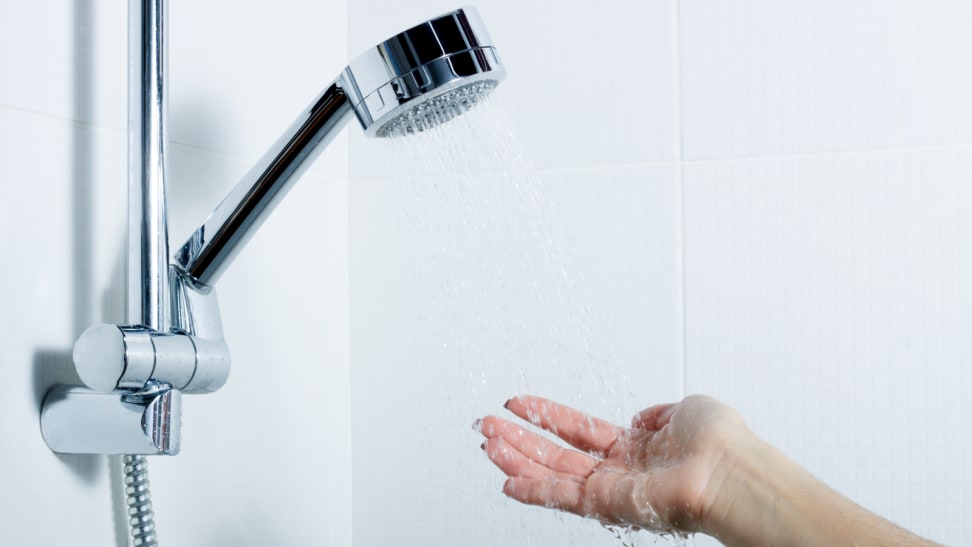Owning your own house is an exciting journey, with a lot of possibilities when it concerns points like design, landscaping, and so on. However, with the adventures becomes obligations of knowing as high as you can about your home’s inner functions, like pipes as well as electrical, to maintain everything running successfully, conserving your money.
Amongst the most challenging parts of the residence is the plumbing, the concept of miles of pipes running throughout your residence can be a little frustrating.
If you want to know about plumbing contractors in your area, please visit the link.
Here are four things house owners must know about their plumbing:
- Area of your sewage system as well as water lines: You have listened to the radio commercials about calling 811 before you dig, as well as part of that is to locate your water and sewer lines. If you’re having any job done on your residential property, call to have your lines found to prevent any type of devastating damage.
- Key water shut-off shutoff: If a pipe bursts in your house, do you understand how to stop thousands of gallons of water from filling your home? Where your primary shut-off valve is located for your water depends upon just how your residence was developed, do you have a basement? Creep area? Concrete piece? Sometimes you can local the valve near your hot water heater or heating system. In various other situations, you’ll discover it under the cooking area sink.
- Emergency valve for the bathroom: Does your bathroom have leakage and you do not understand where it’s originating from? If you know where your shut-off is for your toilet, you can save money in potential damage, switching off the water to your bathroom yet still enabling it to be utilized elsewhere in your house. You can typically locate the shut-off directly under the commode tank.
- Your residence’s water stress: Did you know the water pressure of your home should be no higher than 80 psi? Anything more than that can result in leakages in your pipes due to the damage caused by the pressure. You can acquire a water pressure gauge or call the local public utility to examine it for you.
If you are searching for a residential and commercial service of plumbing, please visit the link.


